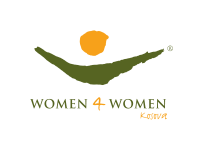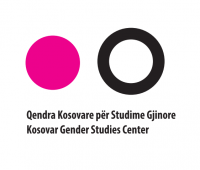Riinvest Institute is the oldest “think tank” in Kosovo operating since 1995. Riinvest promotes modern economic development based on the philosophy of entrepreneurship. Over the past two decades, Riinvest has produced analysis, publications and different socio-economic reports; developed markets, sectors, and interventions in the value chain; organized seminars, conferences, roundtables and meetings with high economic and business value for the country. The knowledge and experience allowed Riinvest to be competitive and competent in addressing socio-economic and business issues. Today, this institution is a leading, non-partisan, “think- tank”, in the field of socio - economic development in the country.
One of the strongest advantages of Riinvest is its staff equipped with professional and academic qualifications, as well as the experience and dedication in carrying out activities in accordance with its mission; a mission which aims to promote sustainable economic development in Kosovo, based on market economy. Consisting of distinguished individuals from the Kosovar society, the majority of Riinvests’ team is composed of young researchers with western academic qualifications - and as a result of this group of distinguished researchers, Riinvest’s product quality has always been to the highest professional and ethical standards. In fact, due to the quality of reports, analysis, seminars, discussions and advocacy missions, Riinvest has managed to ensure sustainability and maintain partnership relations with donors, partners and other relevant organizations in Kosovo; moreover, it managed to retain credibility towards the general public by taking stance in various socio-economic issues. Riinvests' reputation has allowed to be more effective during advocacy in parliamentary committees, during discussions in public debates, or in consultations with businesses, entrepreneurs, market actors, political parties or international organizations in Kosovo. An important part of this stability derives from the strong ties within the organization, which ensures quality, transparency and good institutional governance. Riinvest continually strives to adhere to the highest governance principles.
Riinvest Institute is engaged in four main areas: a) research and advocacy; b) market development; c) education and training; and d) academic research
While future developments constantly create new challenges, Riinvest Institute remains ready equipped with expertise and experience, upon the principles of credibility and impartiality, and the continuous activation of development, providing, building, and offering solutions to the overall society development.







